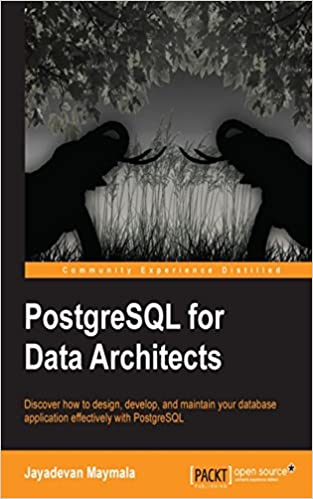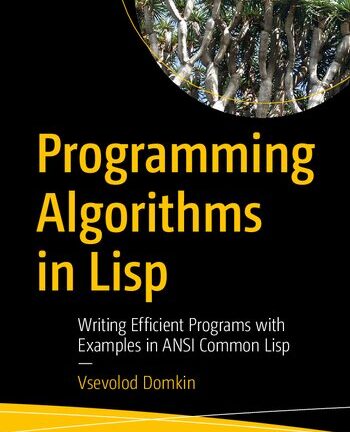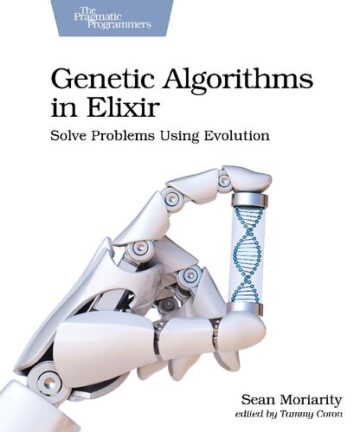Description
What You Will Learn
- Compile PostgreSQL from source and understand the PostgreSQL architecture
- Configure parameters and change default settings for a PostgreSQL server
- Leverage the logging mechanism to identify errors and suboptimal queries
- Use replication to scale horizontally
- Set up backup and recovery processes
- Tweak parameters to optimize queries and processes
- Troubleshoot connection errors
- Use indexes and rewrite queries to improve performance
- Install and use PostgreSQL extensions
- Learn how to leverage the command-line client (psql)
About This Book
- Understand how to utilize the most frequently used PostgreSQL ecosystem-related tools and technologies
- A hands-on guide focused primarily on providing a practical approach to learning about architecture and design considerations for database architects
- The book covers PostgreSQL from a data architect’s perspective – covering topics from installation from source to designing tables using SQL Power Architect, as well as deciding replication and failover strategies.
In Detail
PostgreSQL is an incredibly flexible and dependable open source relational database. Harnessing its power will make your applications more reliable and extensible without increasing costs. Using PostgreSQL’s advanced features will save you work and increase performance, once you’ve discovered how to set it up.
PostgreSQL for Data Architects will teach you everything you need to learn in order to get a scalable and optimized PostgreSQL server up and running.
The book starts with basic concepts like installing PostgreSQL from source and covers theoretical aspects such as concurrency and transaction management. After this, you’ll learn how to set up replication, use load balancing to scale horizontally, and troubleshoot errors.
Finally, you will get acquainted with useful tools available in the PostgreSQL ecosystem used for analyzing PostgreSQL logs, setting up load balancing, and recovery.
Who This Book Is For
This book is for developers and data architects who have some exposure to databases. It is assumed that you understand the basic concepts of tables and common database objects, including privileges and security.






Reviews
There are no reviews yet.